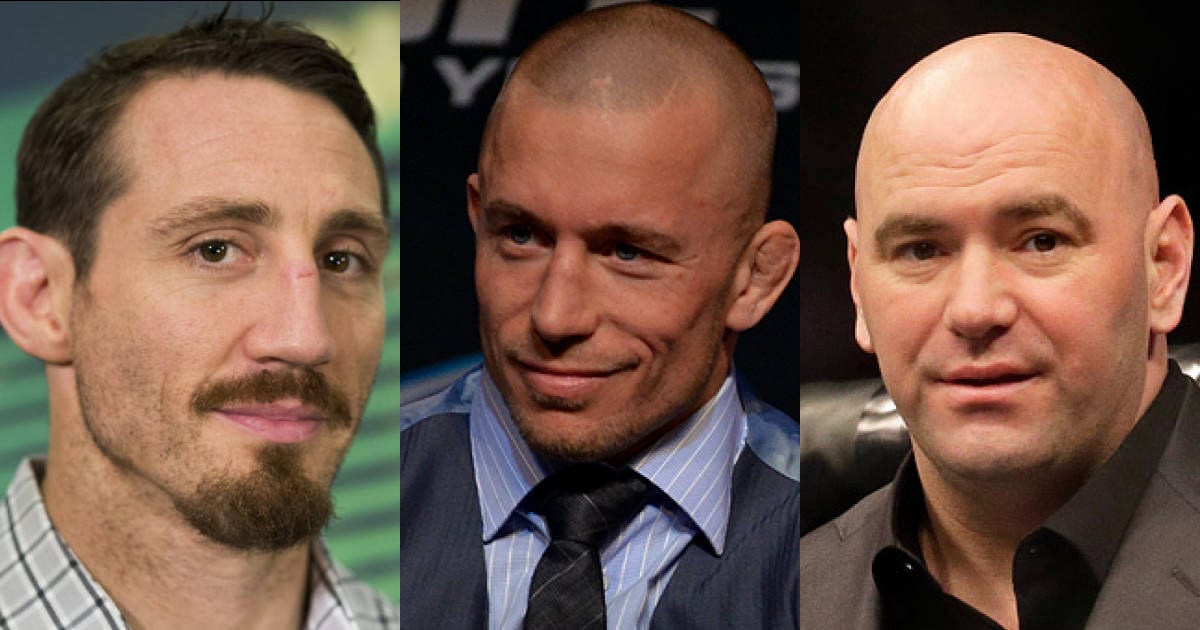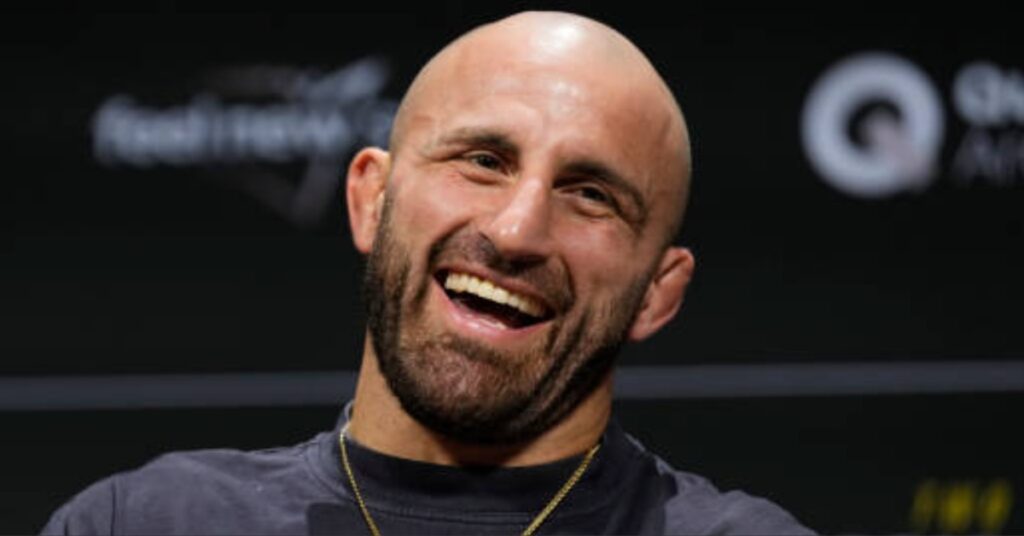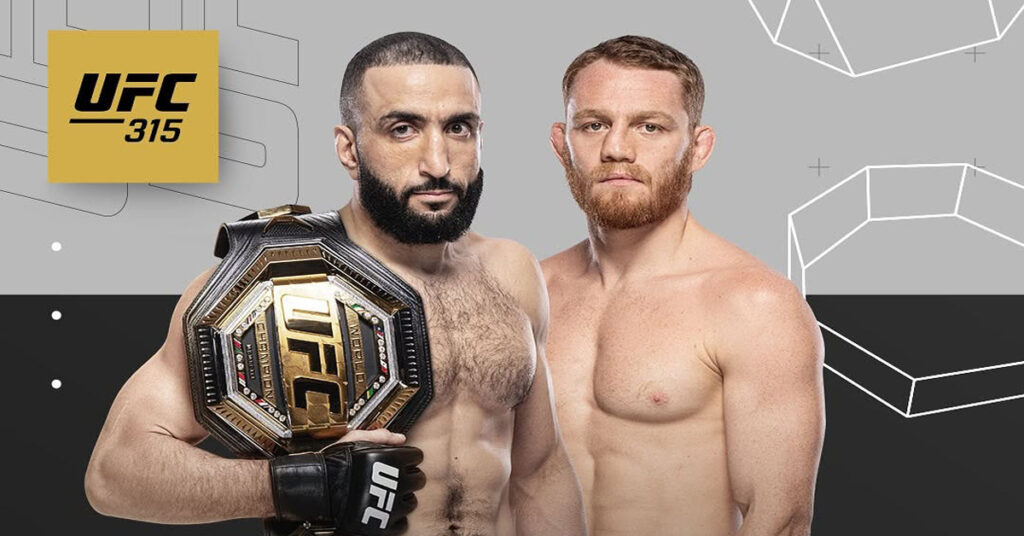MMAAA Promises Change, But How Soon Will It Be Effective?

This past Wednesday (November 30, 2016), the Mixed Martial Arts Athletes Association announced its formation. The board is comprised of UFC fighters Georges St. Pierre, Tim Kennedy, Cain Velasquez, TJ Dillashaw, and Donald ‘Cowboy’ Cerrone, along with notable advisor Bjorn Rebney.
First of all, let me say that those on the board are brave to take this step. Openly forming an association that will seek, among other things but most prominently, more money from the UFC is dangerous for anyone under contract. The new owners at WME-IMG could schedule them in intentionally unfavorable matchups, decline to give them bonus money, or make life miserable at the bargaining table, if not choosing to release them outright.
Fans and pundits have called for a fighters’ union or association for years now. The low pay across the board, from champions not making near what average athletes in other sports make, to professional fighters in the pinnacle organization of the sport having to work a day job just to make end’s meet, was one major factor. As a private company, the UFC could withhold the full scale of its revenue and claim to be paying their “independent contractors” any percentage they wanted. Now that the UFC has sold for over $4 billion, the paychecks seem laughable, to the fighters now as much as anyone. The god-awful Reebok deal and draconian drug testing policies – which the fighters had no say in whatsoever – were other major reasons for this happening now.
Perhaps some fighters for years wanted this, but the risk was too great for those few who wanted to take that step. Not enough of them cared enough to throw their support behind it. Still today, fighters in interviews talk about fighting “whoever the UFC puts in front of me” and some variation of “My job is to fight. Other people can worry about the business side of things.” That attitude is taking money directly out of their own pockets and handing it over to the UFC brass.
Media who discussed the possibility of a union often cited the need for an indispensable star to take the lead, somebody the UFC couldn’t just bully or ignore and somebody other fighters would flock to. Enter GSP.
The other four mixed martial artists on the board are top fighters in their divisions, but none of them is capable of putting up the kind of numbers ‘Rush’ would be sure to do if he manages to fight a few more times. With Conor McGregor, Jon Jones, and Ronda Rousey‘s futures in the sport up in the air, the UFC needs St. Pierre more than he needs them at this point.
It is looking more and more like the UFC made a serious mistake in mistreating St. Pierre toward the end of his title reign and not budging in their negotiations for his return. Maybe the announcement of the MMAAA would have come anyway. But now they have a big-time moneymaker openly opposing them and trying to erode the ownership’s long-standing leverage instead of, you know, making them money. He can stand firm without risking his roster spot or that he won’t get a title shot. And he is universally respected among fans and fighters, just the sort of person writers have asserted would be necessary to the success of a fighters’ union or association.
Now that it seems a viable fighters’ association has formed, there are already myriad issues to work through and problems to solve.
First, the MMAAA needs the backing of a significant portion of the roster. For the Association to have any bargaining power, it must prove that it does, in fact, represent the fighters. This doesn’t seem like it will be too much of a problem given the heavy hitters already on the board and the very public nature of the announcement. UFC fighters now have the opportunity to put their support behind the MMAAA en masse without a high risk of repercussions. The UFC can’t blackball the majority of its roster.
Next, a female fighter should be added to the board. Leslie Smith has been vocal about the need for fighters to band together. ‘The Peacemaker’ just cut ties with the fledgling Professional Fighters Association (PFA) for breaking its promise of confidentiality regarding the names of fighters interested in joining. She threw her hat into the ring on Twitter as a candidate for the MMAAA board. Even though men greatly outnumber women in the UFC ranks (eight divisions to two), having a woman on the board would help demonstrate the MMAAA’s intention to be representative of the entire roster.
Another conundrum that faces the board is the inclusion of former Bellator founder and president Bjorn Rebney as a prominent figure. Many pundits and fighters have already decried his involvement. Rebney had become unpopular prior to his ouster from Bellator, and many feel he is a liability. Fighters with whom he has clashed in the past may be hesitant to support the MMAAA with him around, and people are already questioning his motives. Rebney is a former promoter himself, so the Association brought him on as an advisor, but what does he stand to gain? Getting a chance to stick it to former rival Dana White and company is one possible answer, but some are worried there is a more nefarious one: money.
There is also the claim that Creative Artists Agency is just trying to stir up trouble for its rival. CAA is the other major talent agency in Hollywood, along with new UFC owners William Morris Endeavor (WME). Four of the five fighters on the board of MMAAA (excluding Cerrone) are CAA clients. Kennedy claimed that CAA supports the MMAAA but has no say in its decisions, as the board will be comprised of and the decisions made solely by fighters.
These are the main roadblocks that the MMAAA has to overcome at this point, but its true rival comes in the form of WME-IMG. The Zuffa-era UFC had a reputation as a cutthroat business that dealt mercilessly with rivals and promotional malcontents. That doesn’t figure to change. The new ownership has invested mountains of cash in this business, and its executives will make their own giant bags of money if they hit certain revenue benchmarks in the first half of 2017.
While the UFC’s public response was civil, you can believe that behind the scenes, they are doing everything in their power to discredit, stymie, and otherwise slow the progress of the MMAAA. They have already been lobbying Washington in an effort to prevent the Muhammad Ali Act from being amended to include MMA. If the Ali Act were to include MMA, many of the UFC’s coercive contractual practices would be jeopardized. A fighters’ association would do the same.
Fans of fighters have to see this as a step in the right direction. Having a collective voice at the bargaining table to ensure fairer contracts, a more equitable revenue split, and more comprehensive insurance and benefits are all good for the people we tune in to watch in the first place. But there is still much to be done before any of that becomes a reality. And the owners figure to bitterly resist change every step of the way.
Fortunately, the men and women the UFC is built on are used to a fight.






